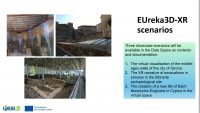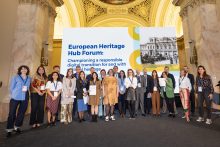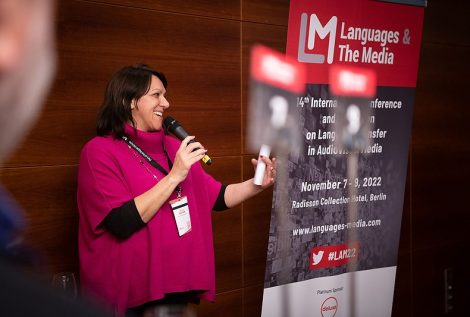
Languages & The Media 2022 Conference
Credit: Dominik Tryba
Languages & The Media, the Biennial International Conference on Audiovisual Language Transfer in the Media, is gearing up for its 15th edition “New Frontiers in Media Localization“, scheduled from November 13 to 15, 2024, in Budapest.
The event will feature three days of pre-conference workshops, panel discussions and presentations by experts and analysts to explore both new and existing industry practices, discuss cutting-edge developments and pioneering research. It will investigate the role of AI-driven products and workflows, providing a glimpse into the potential future workplace and job landscape. The conference will raise questions such as: What will media localization look like in the era where AI and human intelligence create new pathways? Furthermore, what role does creativity play in this new age of media localization?
The event will be the platform for transformative dialogue, acting as a nexus for thought leaders, content owners, language service providers, technology developers, educators, researchers, and language professionals, shaping the future of media localization.
The call for papers is now open and the deadline for submission of proposals is January 8th, 2024.


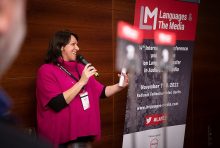
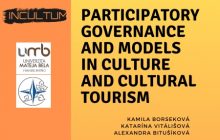
 Participatory Governance and Models in Culture and Cultural Tourism is the tile of the book that is now available for free
Participatory Governance and Models in Culture and Cultural Tourism is the tile of the book that is now available for free 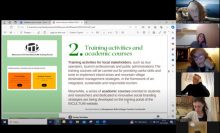
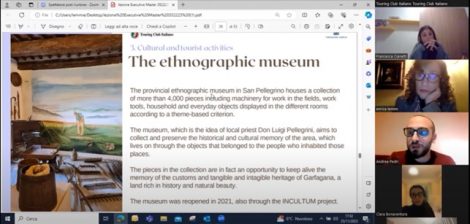
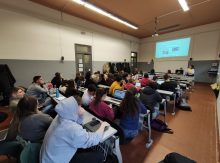
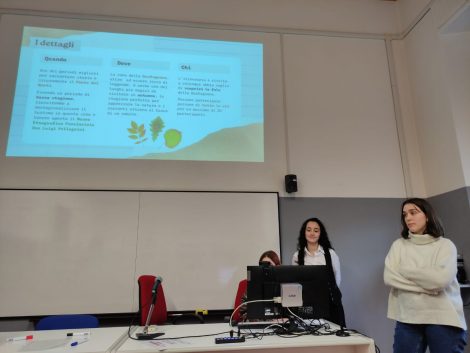
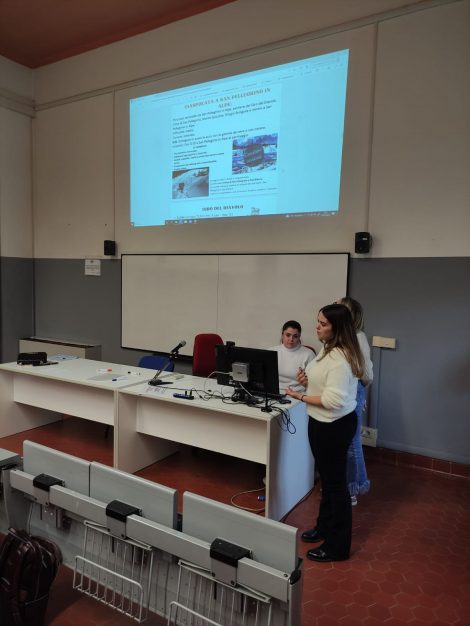

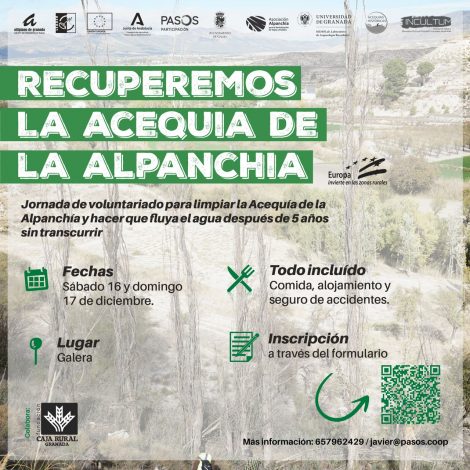 As part of the
As part of the 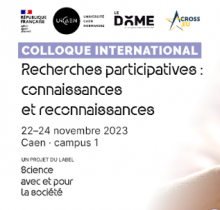
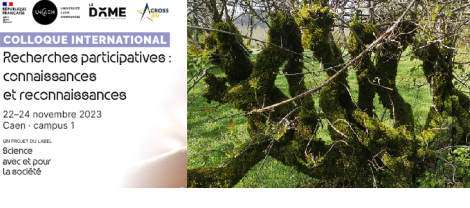
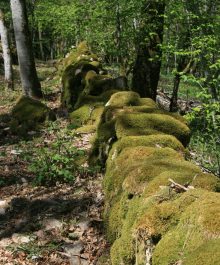
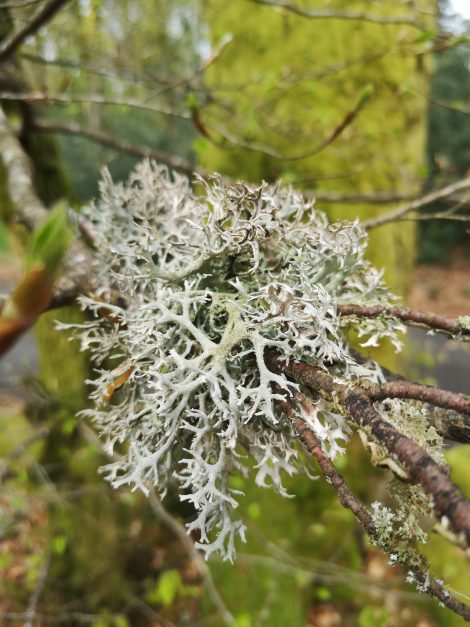
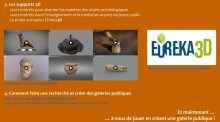
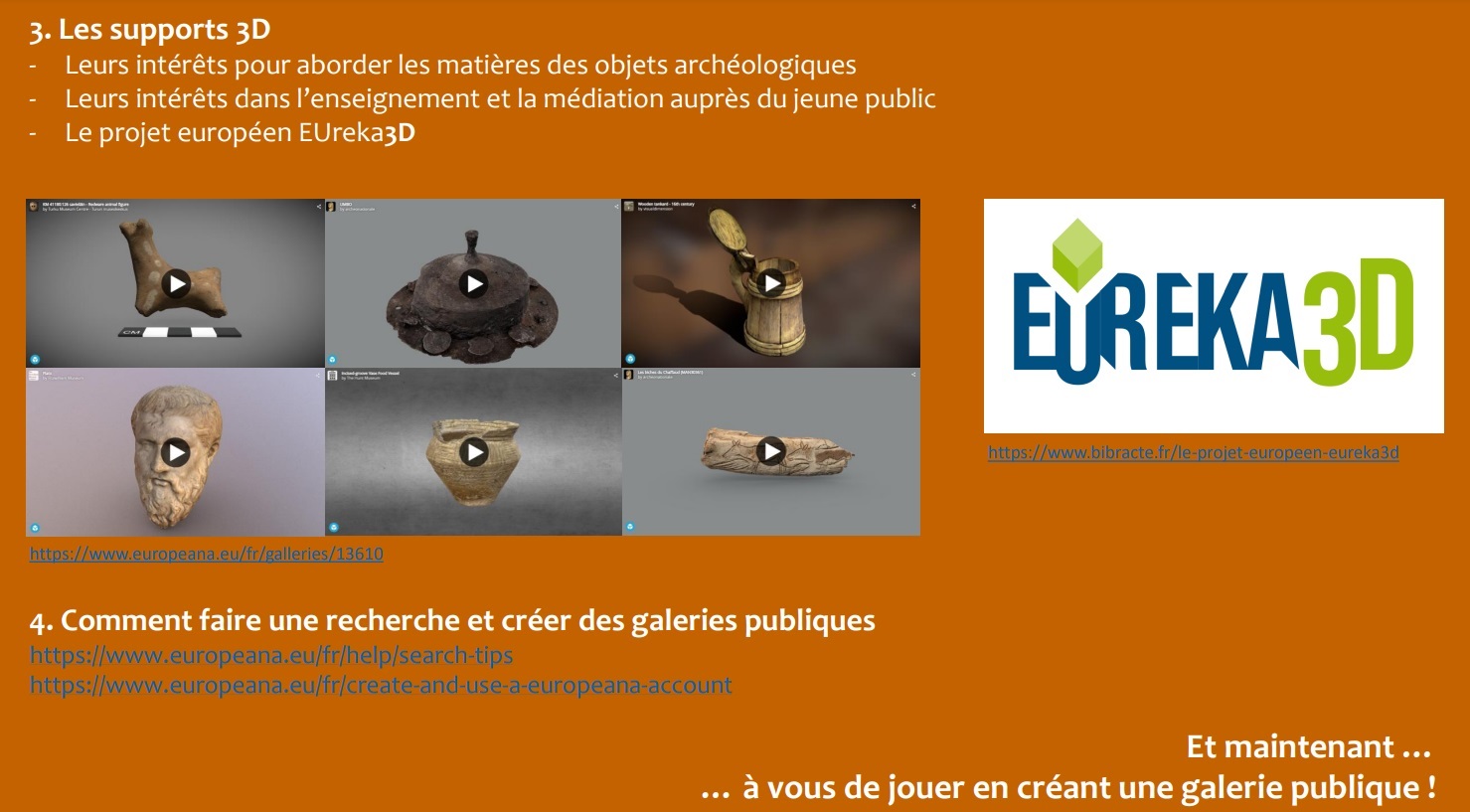
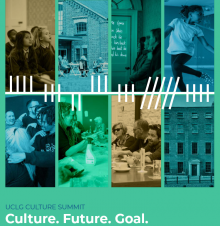
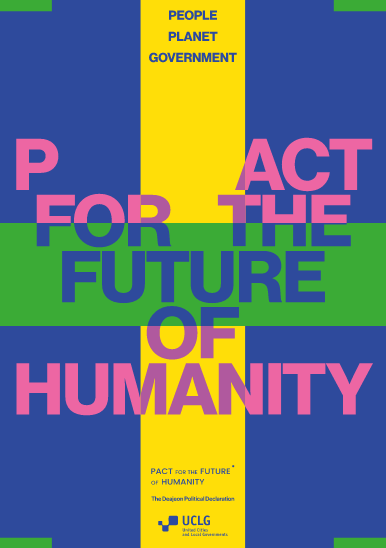 The fifth UCLG Culture Summit will be held in Dublin (Republic of Ireland) from 28 November to 1 December 2023.
The fifth UCLG Culture Summit will be held in Dublin (Republic of Ireland) from 28 November to 1 December 2023.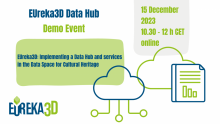
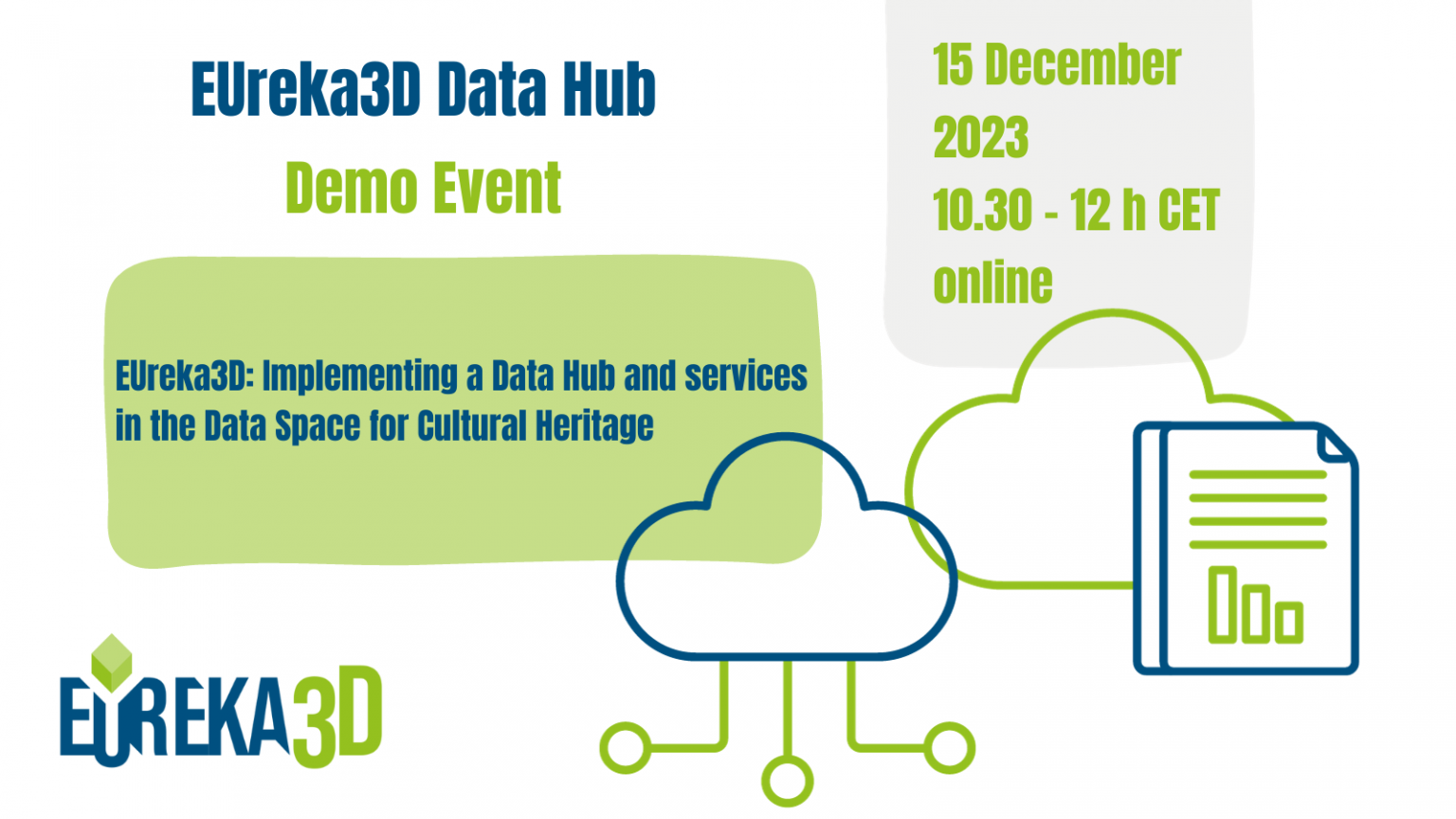


 This event supports the
This event supports the 







 If you have interesting news and events to point out in the field of digital cultural heritage, we are waiting for your contribution.
If you have interesting news and events to point out in the field of digital cultural heritage, we are waiting for your contribution.





























